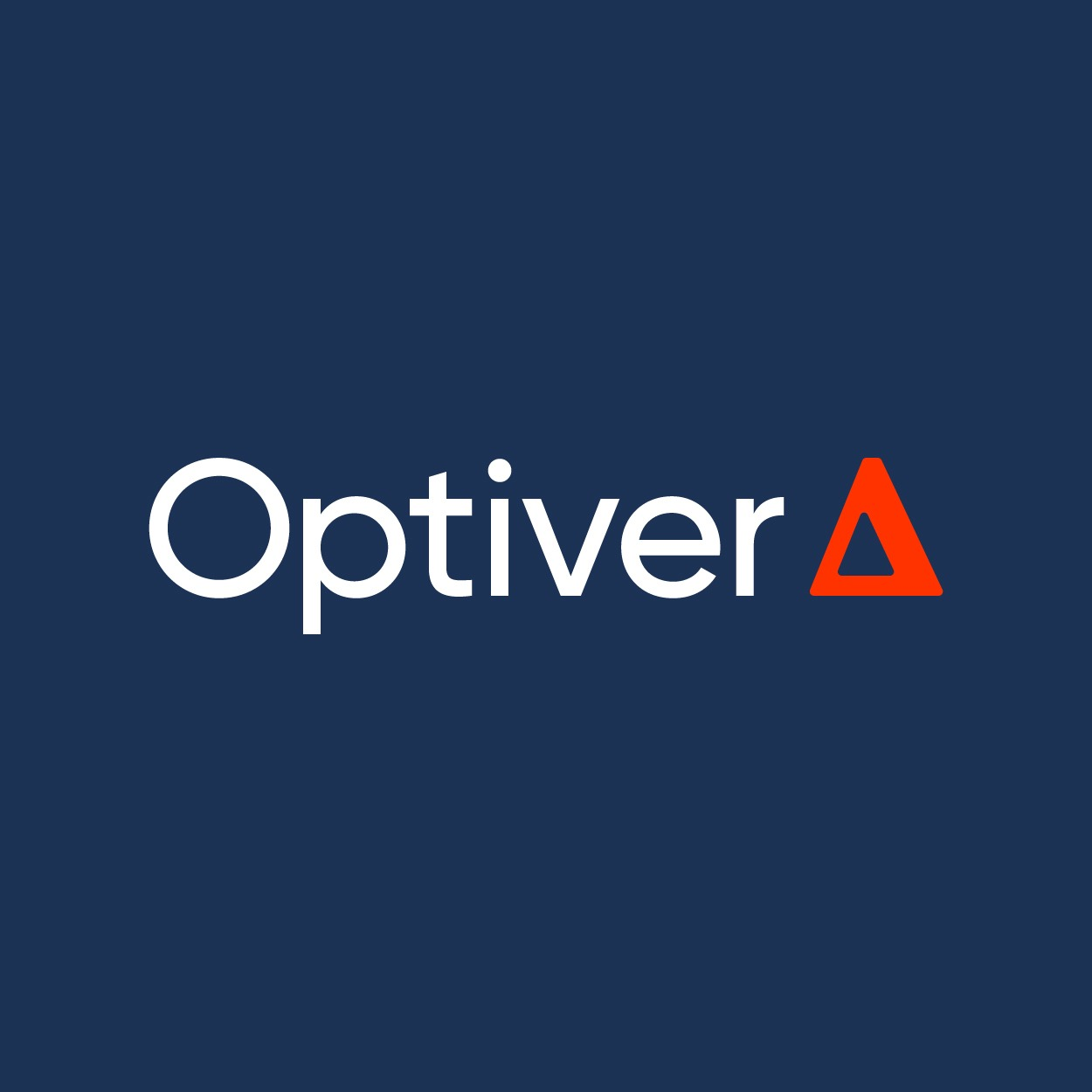
Optiver
Numbers Station
Question Metadata
- Interview Type
- technical
- Company
- Optiver
- Last Seen
- Within the last month
- Confidence Level
- High Confidence
- Access Status
- Requires purchase
Purchase access to view the full interview question
Assessment Rubric Overview: "Numbers Station" Problem
The "Numbers Station" problem is designed to evaluate a candidate's proficiency in algorithmic problem-solving, data structure selection, and system design, all within the context of real-world applications pertinent to Optiver's operations. This problem assesses the candidate's ability to process and organize unordered data streams, a skill crucial for developing efficient trading systems that handle large volumes of real-time data.
Core Competencies and Skills Evaluated
-
Algorithmic Problem-Solving: Candidates are expected to devise algorithms that can effectively process and order data streams based on sequence identifiers, ensuring the correct assembly of messages from fragmented inputs.
-
Data Structure Selection: The problem requires the use of appropriate data structures to manage and retrieve data efficiently, reflecting the candidate's understanding of time and space complexity in system design.
-
System Design and Architecture: Designing a system that can handle continuous data streams, manage incomplete messages, and prioritize the latest complete messages mirrors the challenges faced in building high-performance trading platforms.
Behavioral Traits and Problem-Solving Approaches Assessed
-
Analytical Thinking: Interviewers will assess the candidate's ability to dissect complex problems, identify underlying patterns, and develop structured solutions.
-
Adaptability: The candidate's responsiveness to new information and their capacity to adjust their approach in dynamic scenarios will be evaluated.
-
Communication Skills: Clear articulation of thought processes, design decisions, and problem-solving strategies is crucial, as it reflects the candidate's ability to collaborate effectively within a team.
Assessment Process Expectations
Optiver's interview process is known for its collaborative and problem-solving focus, moving away from traditional brainteasers to real-world challenges. Candidates can expect:
-
Collaborative Problem-Solving: Engaging in technical discussions that resemble working alongside colleagues to solve complex issues.
-
Practical Application: Tasks that mirror the kind of work done at Optiver, emphasizing the application of technical knowledge to real-world scenarios.
-
Behavioral Interviews: Assessments that explore the candidate's motivations, teamwork, and alignment with Optiver's culture.
Preparation Recommendations
-
Programming Proficiency: Ensure a strong command of object-oriented programming languages such as C++, Java, or Python, with a focus on standard libraries, collection types, and algorithms.
-
Data Structures and Algorithms: Review fundamental data structures and algorithms, emphasizing their time and space complexities, to make informed decisions during system design.
-
System Design Fundamentals: Understand core concepts in computer architecture, networking, concurrency, and memory management, and be prepared to discuss how these influence system design choices.
-
Communication Practice: Engage in mock interviews to refine the ability to explain design choices and problem-solving approaches clearly and concisely.
Evaluation Criteria and Technical Concepts
-
Solution Efficiency: The ability to develop solutions that are both time and space efficient, suitable for high-performance environments.
-
System Scalability: Designing systems that can handle increasing data volumes without compromising performance.
-
Real-World Application: Demonstrating how technical solutions can be applied to practical, real-world problems, particularly in the context of trading systems.
Optiver-Specific Expectations and Cultural Fit
Optiver values candidates who exhibit intellectual curiosity, a collaborative mindset, and a passion for solving complex problems. The company seeks individuals who are not only technically proficient but also align with its culture of transparency and continuous learning. Candidates should be prepared to discuss how their experiences and values align with Optiver's mission and work environment.
By focusing on these areas, candidates can effectively prepare for the "Numbers Station" problem and demonstrate the competencies that Optiver values in its software engineering team.
Other verified questions from Optiver